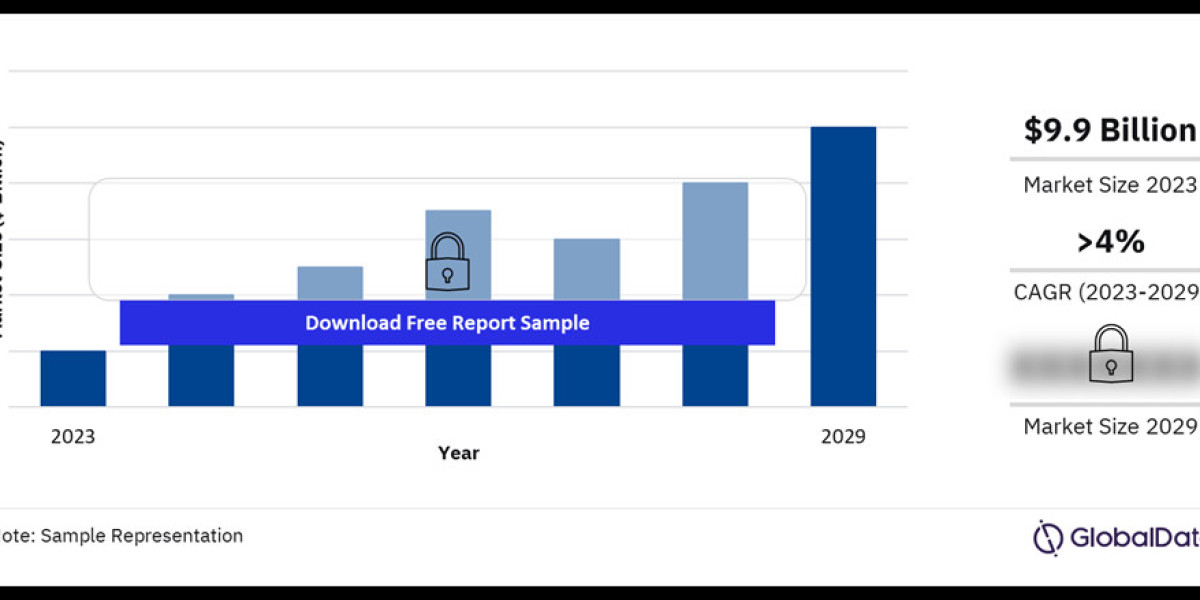In an increasingly digital world, the need for secure, efficient, and convenient identity management has never been greater. Traditional methods of identity verification, such as physical ID cards, are becoming outdated as the demand for seamless, contactless, and tamper-proof solutions grows. This is where NFC-based identity cards come into play.
NFC (Near Field Communication) is a wireless communication technology that enables devices to exchange data when they are brought into close proximity (typically within a few centimeters). NFC-based identity cards leverage this technology to provide a more secure and convenient way to verify identity, offering applications across various industries, from healthcare and education to government and corporate security.
In this article, we will explore the concept of NFC-based identity cards, their benefits, applications, and how they are revolutionizing identity management.
What Are NFC-Based Identity Cards?
NFC-based identity cards are smart cards embedded with an NFC chip that stores digital information used to authenticate and verify the identity of an individual. These cards allow users to tap their card on an NFC-enabled reader to quickly and securely transmit their identity information, without the need for physical contact.
NFC-based identity cards are used in a variety of settings, including access control systems, digital identity verification, secure transactions, and more. They combine the benefits of digital identity with the security of NFC technology, providing a reliable and user-friendly solution for personal and organizational use.
How NFC-Based Identity Cards Work
NFC-based identity cards operate using contactless technology. Here's a simple breakdown of how they work:
Card Encoding: An NFC-based identity card is programmed with an NFC chip that contains encrypted data, which can include personal information, biometric data, or access credentials.
Cardholder Interaction: When the cardholder presents the NFC card to an NFC-enabled reader or device, the card communicates wirelessly with the reader using electromagnetic fields. The card’s chip transmits the encrypted data to the reader.
Data Validation: The reader then processes the data and validates it against a secure database or authentication system. If the data is correct and the identity is verified, the system grants the cardholder access or authorization.
Secure Authentication: The encrypted data and short-range communication ensure that NFC-based identity cards are highly secure. Data is exchanged over a very short range, reducing the likelihood of unauthorized interception or hacking.
Benefits of NFC-Based Identity Cards
1. Enhanced Security
NFC technology offers superior security due to its encryption capabilities and short-range communication. The chip embedded in the card uses strong encryption algorithms to protect the data from being tampered with or intercepted. This makes NFC-based identity cards far more secure than traditional magnetic stripe or barcode-based cards.
Furthermore, multi-factor authentication can be integrated into NFC identity cards, adding an extra layer of security. For instance, NFC cards can be combined with biometric data (e.g., fingerprints or facial recognition) to ensure that only authorized individuals gain access.
2. Convenience and Speed
NFC-based identity cards allow for contactless verification, meaning users can authenticate their identity or gain access with a simple tap. This makes the process quick and efficient, reducing wait times and improving overall user experience.
Whether it's accessing a building, paying for services, or verifying identity for government services, NFC technology streamlines the process, making it more convenient for individuals and businesses.
3. Cost-Effectiveness
- NFC-based identity cards are cost-effective in the long run, as they eliminate the need for expensive infrastructure like paper-based credentials or physical keys. Additionally, these cards can be reused, and the information stored within them can be updated remotely, reducing the need for replacements and reprinting.
4. Versatility and Flexibility
- NFC-based identity cards are highly versatile. They can be used across various sectors for multiple purposes, such as:
- Access control: Granting entry to restricted areas, buildings, or rooms.
- Payment systems: Enabling contactless payments in retail, transportation, and vending machines.
- Employee badges: Providing employee verification, time tracking, and facility access.
- Digital identity verification: Used for online or in-person verification, including government IDs, health cards, and more.
- The flexibility of NFC technology allows businesses and governments to deploy these cards for multiple use cases, simplifying systems and reducing the need for multiple cards.
5. Reduced Fraud Risk
Tamper-proof features of NFC cards help prevent identity theft and fraud. Since the NFC data is encrypted and stored in secure elements, it is highly resistant to counterfeiting, making NFC identity cards more reliable than traditional plastic IDs.
Additionally, authentication checks such as biometric data can be integrated into NFC identity cards to ensure that the person using the card is the authorized user.
6. Seamless Integration with Existing Systems
NFC-based identity cards can be easily integrated with existing access control systems, employee management software, or payment systems. This allows organizations to adopt NFC technology without having to overhaul their entire infrastructure.
Moreover, cloud-based systems can be used to manage and update NFC card data remotely, making it easier for organizations to maintain control over their security protocols.
Applications of NFC-Based Identity Cards
1. Corporate and Workplace Security
NFC-based identity cards are widely used in corporate security systems to grant employees access to offices, facilities, and restricted areas. The contactless nature of NFC technology makes it ideal for workplace access control, improving both security and convenience.
Additionally, employee time tracking can be streamlined using NFC cards. Employees can tap their cards to clock in and out, ensuring accurate tracking and reducing the chances of time theft.
2. Government and National ID Systems
Governments around the world are adopting NFC-based digital IDs to enhance security and streamline services. These smart identity cards can be used for voting, social security benefits, tax identification, and even passport controls at border checkpoints.
NFC technology provides an added level of security to national IDs, preventing fraud and enabling quicker and more accurate identity verification.
3. Healthcare Sector
Healthcare facilities can use NFC-based identity cards for patient identification. Doctors and nurses can quickly access patient records, medication details, and medical histories with a simple tap, improving efficiency and reducing errors.
Digital health cards can also store vital health information, such as medical conditions, allergies, and emergency contacts, offering a portable and easily accessible medical record.
4. Education
NFC-based identity cards are increasingly being used in educational institutions for purposes such as student identification, access control to campus buildings, and even tracking attendance.
Schools and universities can use NFC technology to issue smart student IDs that can be used for access to libraries, labs, and dormitories, making campus life more efficient and secure.
5. Financial Services
NFC-based payment cards are transforming the financial industry by allowing consumers to make contactless payments at retail stores, public transportation systems, and vending machines. This is not only more secure than traditional magnetic cards, but it also offers a faster, more convenient way to pay for goods and services.
NFC technology is also being used in digital wallets, allowing users to store and manage their identity and payment credentials securely.
Future of NFC-Based Identity Cards
As NFC technology continues to evolve, we can expect NFC-based identity cards to become even more advanced and secure. Future developments may include:
- Biometric integration: More advanced NFC cards could integrate biometric authentication (e.g., fingerprint or facial recognition) for an additional layer of security, making identity verification even more foolproof.
- Blockchain technology: The combination of NFC with blockchain could offer an even higher level of security and transparency for identity management.
- Mobile NFC-enabled IDs: With the rise of smartphones and smartwatches, NFC-based identity cards may be integrated into mobile devices, allowing users to carry their digital IDs and access credentials on the go.
Conclusion
NFC-based identity cards are paving the way for a more secure, convenient, and streamlined approach to identity verification and management. Whether for corporate security, government services, healthcare, or financial transactions, NFC technology offers a level of convenience and reliability that traditional methods cannot match.








